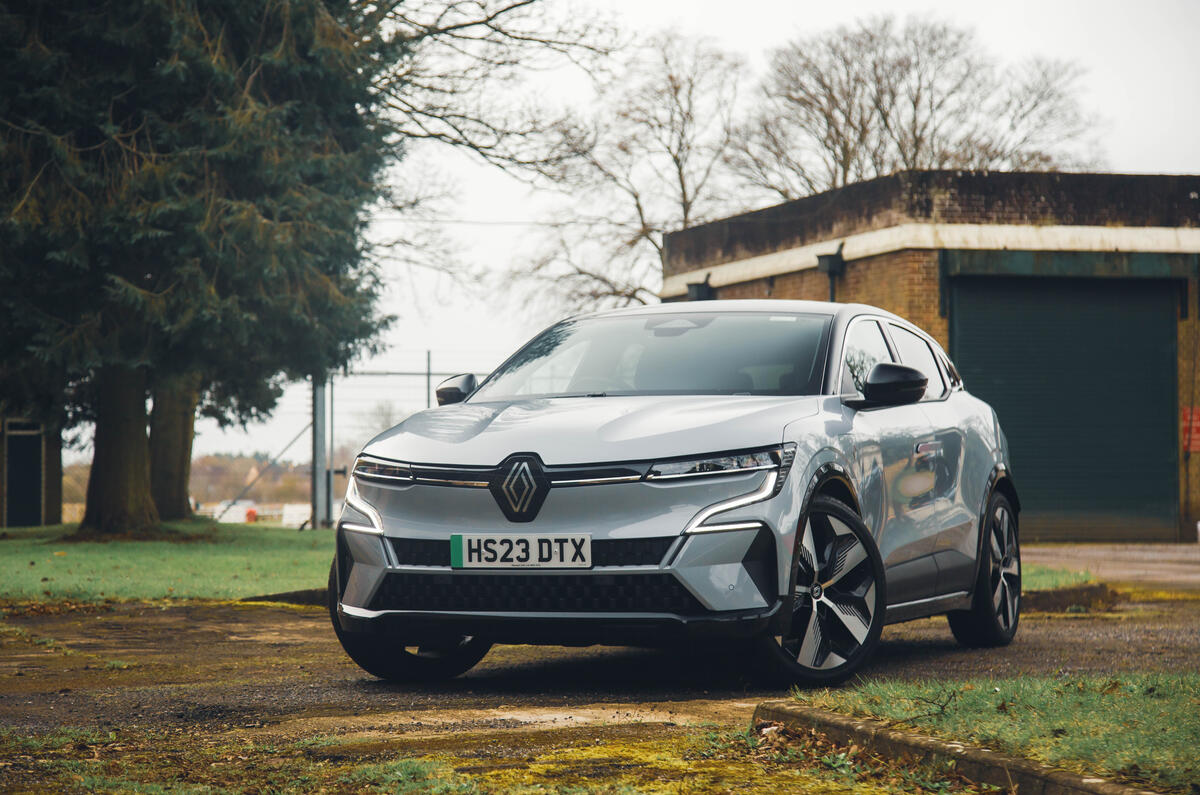Renault Group CEO Luca de Meo has called for “flexibility” of emissions targets in the EU from next year, as car makers fret over slower than expected EV growth.
The EU has stuck with a CO2-based system that forces car makers to drive down emissions averages, rather than replicate the UK’s zero-emissions vehicle (ZEV) mandate, which adds the need to sell a growing proportion of electric cars.




Add your comment